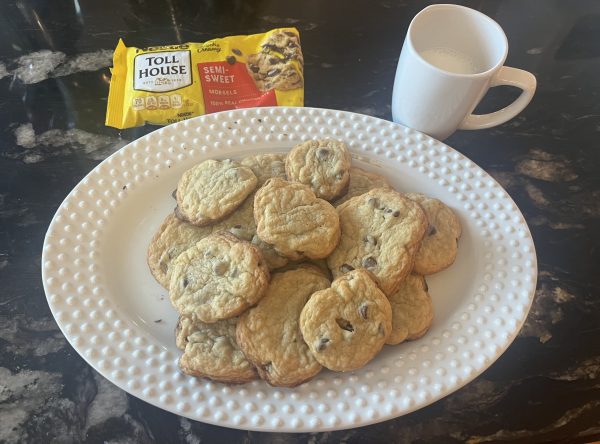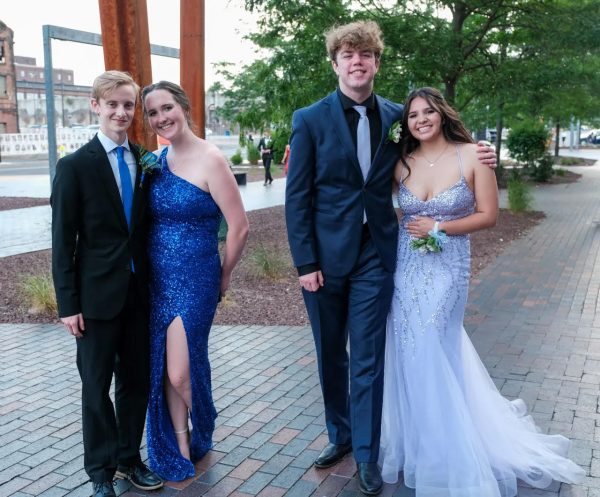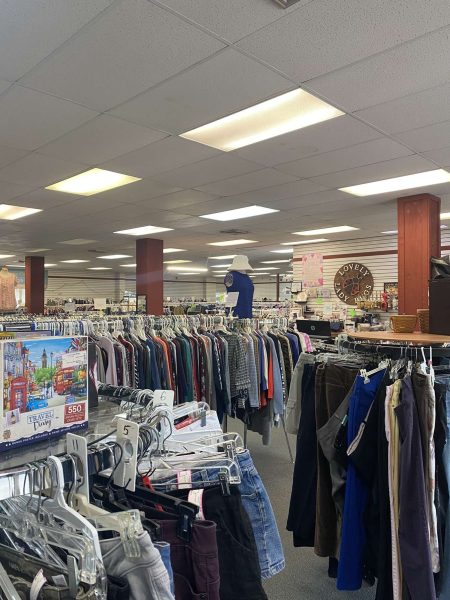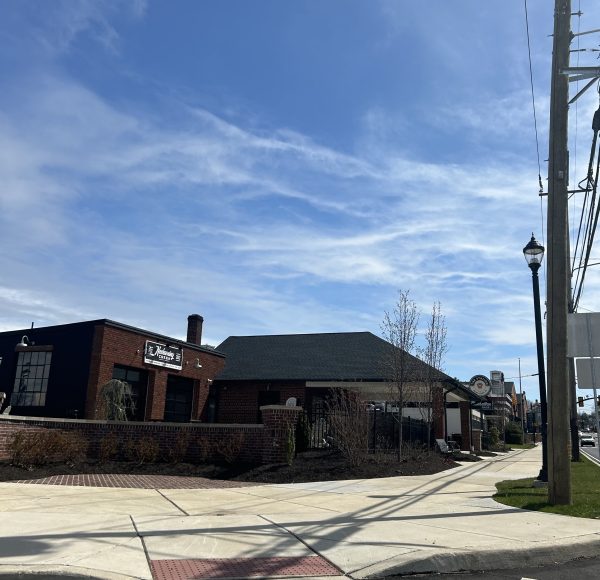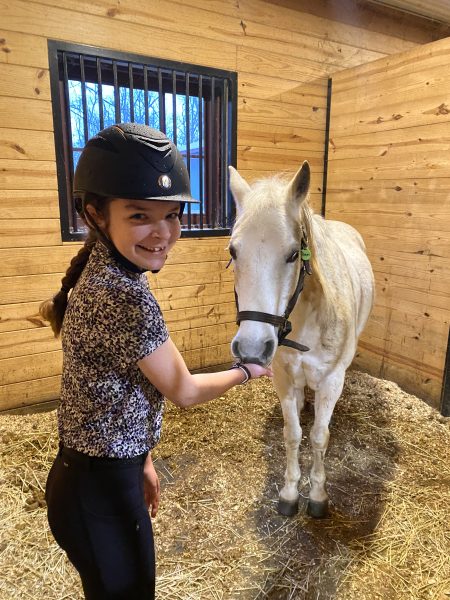Life Advice from Professional Journalists
What is the job of the journalist? To uncover the truth? To write attention-grabbing stories? To be ethical evaluators of newsworthy information? A journalist’s job is all these and more. The job of a journalist is to understand the world and the stories that inhabit the world around them. Doylestown Intelligencer’s editor-in-chief Shane Fitzgerald and reporters Phil Gianficaro and Ashley Williams are masters of this craft. Over the course of their unique, individual careers, they have accumulated advice that the average high schooler can learn from.
Life > Work
Shane Fitzgerald, editor-in-chief of The Intelligencer and 14 other Pennsylvanian publications, stated at a seminar for current Pennridge journalism students, “Family comes first.” He preaches this message to all of his reporters. If you don’t have a life outside of work, then you are missing out on all that life has to offer. Fitzgerald stated how he used to work 16 hours per day, but now he values his time with his family. Journalists, especially, need to have a life outside of work because if you’re surrounded by news 24 hours per day, you will be worn out very quickly. Even if you don’t work in journalism or communications, having a life outside of your job allows you to not miss out on moments you might regret later and enjoy life to the fullest (because YOLO).
The Greatness of Experience
Ashley Williams is one of the newer reporters working for The Intelligencer. And one of the biggest reasons she was hired was because of her versatile experience and expertise in many fields of journalism. In college, Williams originally majored in print journalism, but quickly changed to broadcast journalism after gaining a teacher recommendation. She continued to work in broadcasting after graduating college. Working in broadcast journalism allowed Williams to experiment with editing videos, writing scripts, formatting news for social media platforms, and being on camera. Her wide range of skills, namely editing, writing, and social media, landed her a position at The Intelligencer because print publishers are looking for new ways to increase viewership. Williams’ story is not only one that shows the importance of modern technology in print journalism but the value of experimenting when you’re young. In high school, college, and early twenties, you have an infinite number of possibilities in front of you and nothing holding you back from trying different avenues out. Williams traveled to several different states in pursuit of new things to learn both during and after college. And that helped her land a permanent role at The Intelligencer because she had a wide variety of skills and experience to share.
The Strength In Stories
“These are the stories that need to be told, so people know we can’t let that happen again.” Phil Gianficaro once interviewed a Holocaust survivor who said those exact words. Stories have the power to change the world, either for one person or an entire civilization. At the journalism seminar, Gianficaro stated, “sitting across a table with someone with a story is the most powerful thing in the world.” Likely because journalists are tasked with the job of sharing stories and inducing change. However, the average high school student or community member can also enact change by being willing to listen to other’s stories and share our own stories with the world. Because the true strength in stories is the power to change.
Journalists have to appreciate their lives, learn to experiment and tell stories because they are tasked with the job of telling us the truth. However, the world of journalism can teach anyone that we each need to live our lives to the fullest.
Sources:
https://www.buckscountycouriertimes.com/staff/3284491001/shane-fitzgerald/
Shreya Soni is a current senior at Pennridge High School. She enjoys singing, dancing, KPOP, roller coasters, literature, and watching sunrises. After...
